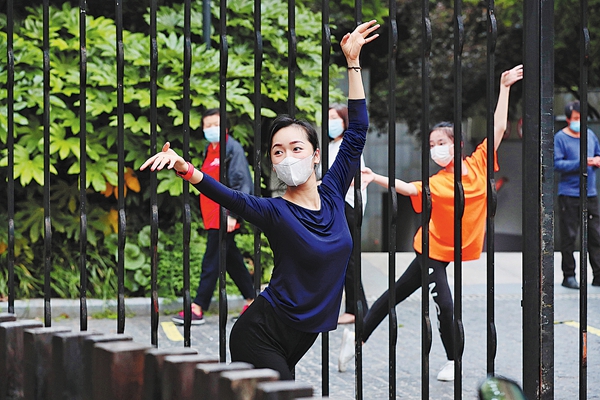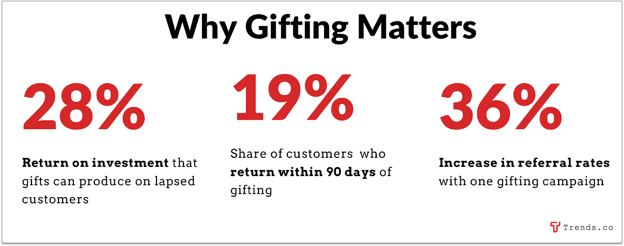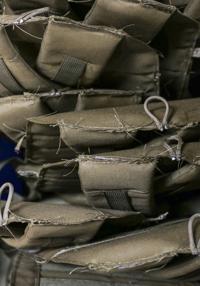
Through the current COVID-19 outbreak in Shanghai, dance teacher Wang Jiao discovered herself giving a lesson in a most abnormal put-in front of the iron gate of a household compound located 20 meters across the highway from hers. Standing guiding the gate was just 1 scholar, who was unable to depart the compound thanks to the lockdown.
“Some matters can be taught on the net, but sure dance movements ought to be corrected in individual,” states Wang, who was capable to depart her compound for the reason that it was categorised as a “precautionary zone” again then.
Because April, when Shanghai imposed stringent command measures across the metropolis, Wang has been doing work on introducing on the net dance programs, which would allow her to mitigate the impression of a closure of the dance studio need to the circumstance consider a change for the even worse once more.
“When learners are not able to have deal with-to-confront lessons, the whole training prepare is challenged. This demands the instructor to find new training solutions that can persuade students to entire the classes with no looking at the instructor,” claims Wang, who moved to Shanghai in 2016 immediately after opening her dance studio in Beijing in 2011.
Other dance instructors are performing the identical. Tian Xinyu, founder of a ballet college, Santanova, was also compelled to pivot towards on-line understanding during the hottest outbreak.
“In the commencing, most dad and mom ended up skeptical about the quality of the on the internet courses. As such, we carried out the first class for free of charge. Soon after viewing what was on supply, additional and more folks started signing up,” says Tian.
The 27-year-outdated suggests she initially experimented with on the internet educating in 2020 amid the pandemic, and the expertise gave her a good basis for this year’s relaunch of the on the net classes.








More Stories
9 Easy Ways To Reduce Business Operating Costs For Startups
Shopping ethically still a priority for Australians, despite cost of living concerns
Onclusive Expands US Footprint with Critical Mention